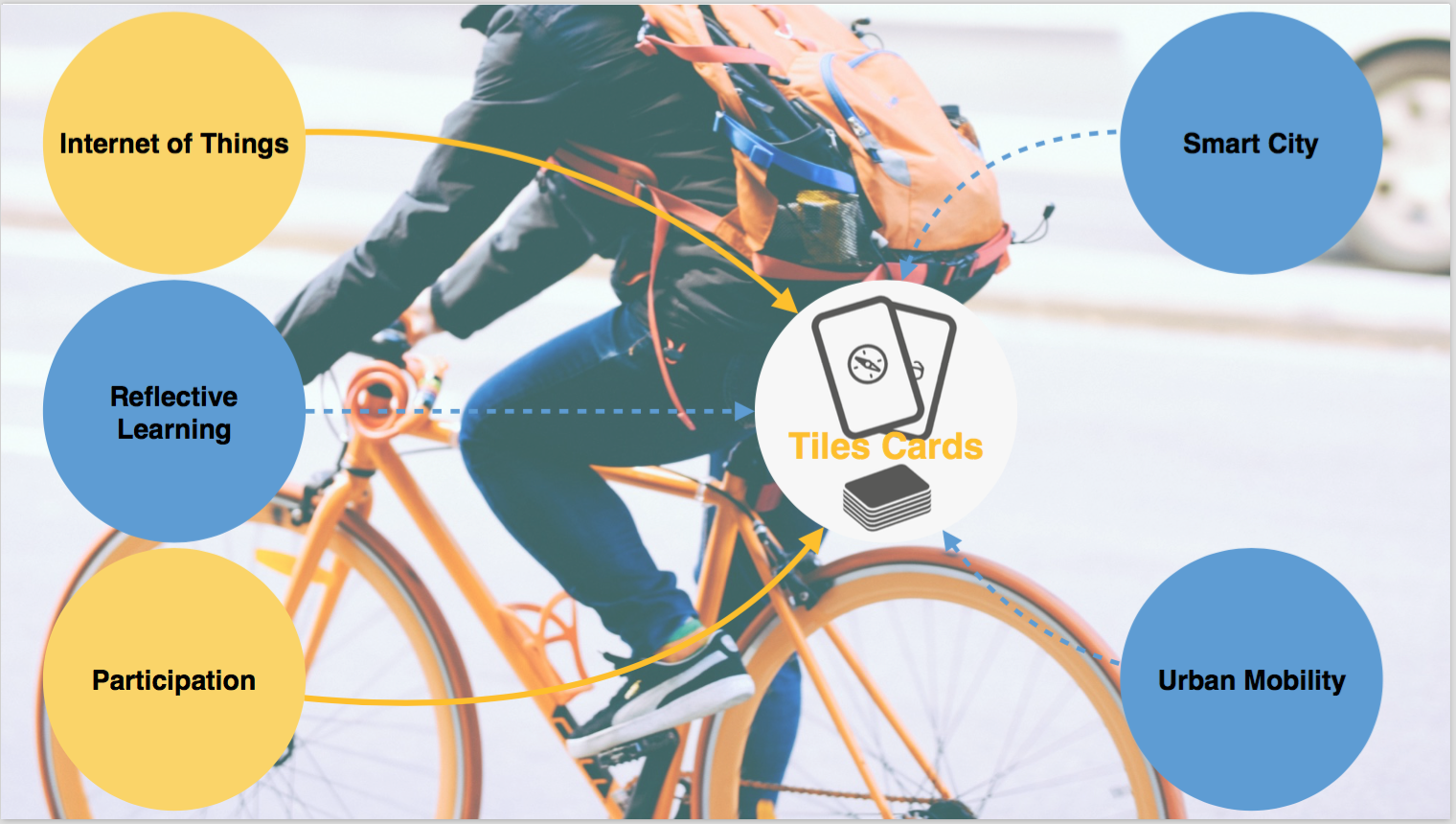
As part of her master, Lisa Rebekka Klecha is addressing challenges connected to sustainable mobility in smart cities. Urban mobility poses one of the pressing challenges in cities undergoing growing urbanisation. In order to cope with this issue, a shift in behaviour is necessary towards more sustainable means of transportation. Technology can mediate the process of behaviour change. In order to investigate currently envisioned or implemented technological solutions, particular in the context of the smart city notion, a systematic literature review was conducted in the autumn semester of 2016, focusing on three areas: the utilised technology, behaviour change strategies, and citizen participation in the development process of the interventions.
A total of 14 different applications were included in the final review. The findings show that mobile devices are prevalently used, persuasive strategies are foremost mentioned, and end-user involvement is happening late in the development process and served primarily testing purposes.
This points out that there are still various unexplored possibilities in the aforementioned areas. It is suggested that future research should explore opportunities stemming from ubiquitous technology, employ behaviour change strategies grounded in reflective learning, and approach the current shortcomings in citizen involvement with participatory methods. This work is presented in the specialization project report “Smart Cities – Designing for Sustainable Mobility Behavior”.
 Lisa is now continuing her work with a Master Thesis titled “Smart Cities – Co-Creation for Sustainable Behavior”.
Lisa is now continuing her work with a Master Thesis titled “Smart Cities – Co-Creation for Sustainable Behavior”. The master thesis sets out to address some of the challenges and opportunities identified during the previous master project. First and foremost, citizen participation in the design and development of smart city applications is emphasised, particularly those facilitating behaviour change. Therefore the Tiles Cards, a set of cards which facilitate participatory design of Internet of Things applications, are extended in order to support the development of smart object applications within the smart city context and of behaviour change applications utilising reflective learning. The feasibility of this approach is eventually evaluated during workshops focusing on sustainable mobility.

 Lisa is now continuing her work with a Master Thesis titled “Smart Cities – Co-Creation for Sustainable Behavior”.
Lisa is now continuing her work with a Master Thesis titled “Smart Cities – Co-Creation for Sustainable Behavior”. 